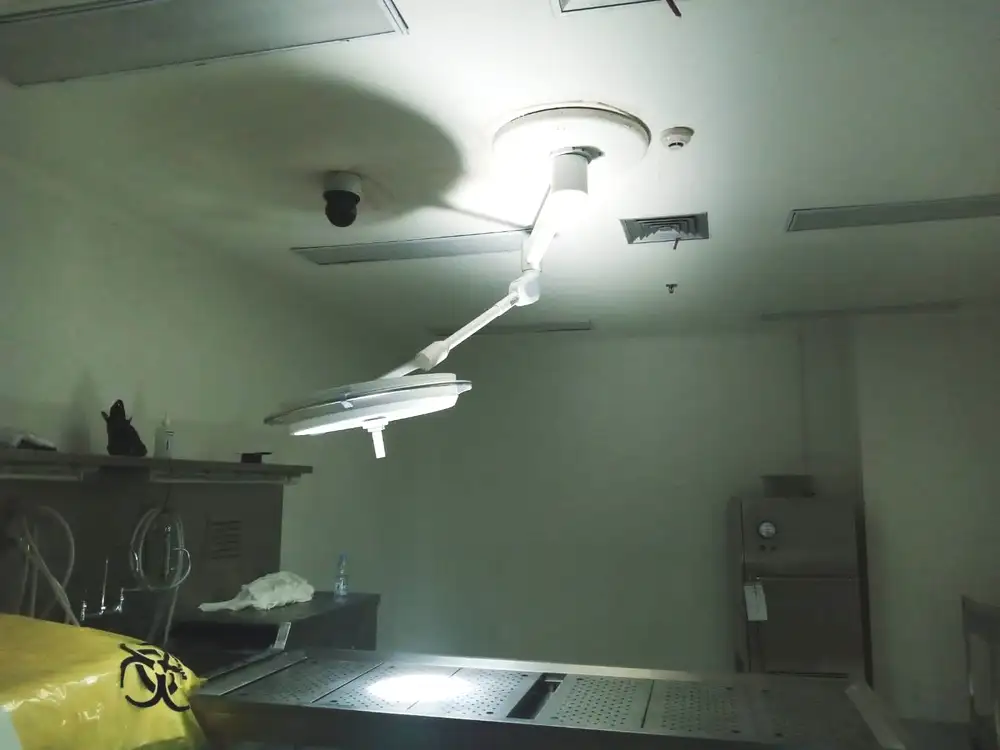The Importance of Forensic Experts in the Indonesian Criminal Justice System

Forensic (derived from the Latin "forensis" which means "from outside", and cognate with the word forum which means "public place") is a field of science that is used to assist the process of upholding justice through the process of applying science or science. The forensic sciences group includes forensic physics, forensic chemistry, forensic psychology, forensic medicine, forensic toxicology, forensic psychiatry, computer forensics, and so on.
The forensic stages include the following:
1. Acquisition
2. Preservation
3. Analysis
4. Presentation
Forensic medicine can simply be defined as the application of medical science in the enforcement of justice. Broadly speaking, this science can be divided into three groups of fields of science, namely forensic pathology, clinical forensic science, and forensic laboratory science.
Forensic medicine is one of the specialist branches of medical science that utilizes medical science to assist law enforcement and solving legal problems. The scope of forensic medicine has evolved over time. From the beginning only to the deaths of crime victims, unexpected and unexpected deaths, unidentified corpses, to living crime victims, or even skeletons, tissues and biological materials that are thought to be of human origin. The types of cases also extend from murder, persecution, sexual crimes, domestic violence, child abuse and neglect, disputes over divorce, fraud and abuse in insurance, to human rights violations.
Forensic science (commonly abbreviated as forensics) is the application of various sciences to answer questions that are important to a legal system which may be related to criminal acts. However, in addition to its relationship with the legal system, forensics generally includes something or methods that are scientific in nature (scientific) and also rules formed from the facts of various events, to identify physical evidence (eg corpses, carcasses). , etc). Or for a simpler understanding, Forensic Science is the science of conducting examinations and collecting physical evidence found at the scene of a case and then presented in court. Criminalism is the application of various sciences with scientific methods and analysis to examine physical evidence with the aim of proving the existence of a crime.
The task of forensic experts is to assist investigators, from the beginning of the investigation to the criminal process. Once diagnosed, the forensic doctor will conclude or make a description regarding the injury, illness or death.
In the post-mortem systematics, investigators ask for help from forensic experts in terms of expertise to find out whether this case is a crime or not. Based on data from investigators, they will order forensics if they are still alive they will have their wounds checked. If they are dead, they will go through an autopsy process.
A re-autopsy is the final verification process to determine the cause of death. So a re-autopsy was carried out based on the legal issues. And, it can be done but the value of the autopsy results will be reduced.
Forensic experts are very much needed in proving criminal cases related to persecution, murder, rape, and drugs, especially in large cases that attract public attention.
The role of forensic experts is needed at the stage of investigation, investigation, prosecution, and examination in court. In addition to issuing Visum et Repertum, forensic experts can be presented at the trial to re-explain the cause of the loss of life of the victim, the injuries on the victim's body, evidence found at the crime scene and instructions from the perpetrator of the crime. The value of the evidentiary strength of the statements of forensic experts in the law is higher than that of documentary evidence in the form of Visum et Repertum. However, in practice, oral expert testimony is not required if there is a Visum et Repertum in the Examination Report.
Forensic experts are very decisive in the system of proving criminal cases, and the value of the evidentiary strength of expert testimony according to the Criminal Procedure Code is higher than other evidence so that forensic experts should be able to be presented in court. The Forensic Specialist when giving oral testimony at the trial can explain in detail the cause of the victim's injury and the cause of the victim's loss of life. For the Prosecutor's Office, considering the importance of the information given by forensic doctors in cases requiring Visum et Repertum, it is better for forensic doctors to be presented in court.

Forensic Expert and Lecturer of the Faculty of Medicine, Universitas Sebelas Maret (FK UNS): Novianto Adi Nugroho, dr., S.H., M.Sc, Sp.F, who is fondly called dr. Novi revealed: In uncovering a case, forensics can indeed assess an injury, whether it was sharp or blunt force or firearms. But forensics cannot analyze a situation at the crime scene (TKP) whether it was tortured first or shot first, forensics cannot analyze it. In dead victims, forensics can assess the exact cause of death. He added: Forensic examinations can be fresh or rotten, but if the examination is delayed, the results will be biased. Autopsy An examination in which evidence or dead victims have been preserved or formalin will get less than optimal results compared to those that have not been given preservatives or formalin.
dr. Novi added that the autopsy was part of the investigation process, the autopsy was carried out by dr. The forensics is based on a request letter from the police, because the examination of evidence, so the body is one of the evidence. In a trial, all evidence must be presented, but not the corpse that was brought to a court of law, as a substitute, what was brought was in the form of Visum et Repertum.
Reporter: Ari Kusbiyanto
Translator & Editor: Wartini
 bahasa indonesia
bahasa indonesia 



